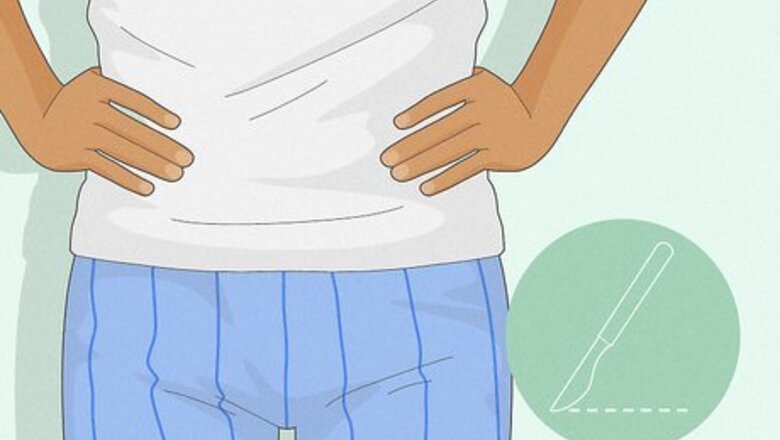
views
- Ensure you understand circumcision first. Learn about it from your doctor and weigh the benefits with the risks before checking out clinics in your area.
- After the procedure, keep the area clean and dry. Wear loose cotton underwear and use any medication the doctor prescribes as directed.
- Consider whether you want to have your child circumcised or let them decide. If you proceed, sponge-clean the area after and follow the doctor’s instructions.
Understanding Circumcision
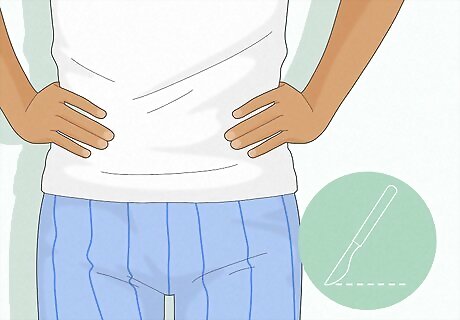
Understand what circumcision is. If you decide to get circumcised, a physician will perform a short, relatively simple surgical procedure that will remove part of the foreskin of your penis permanently. After a period of recovery, your penis will heal normally, but without the retractable foreskin. Generally, circumcision is performed on infant babies, but it's also performed on consenting adults, for medical, hygienic, religious, or cosmetic purposes. Circumcision is also recommended for urinary issues like retention or recurring yeast infections in the penis, as it can help prevent further infections. Circumcision does not help prevent any sexually transmitted infections. You should only get circumcised by a licensed physician or a mohel with a good record and experience. Under no circumstances should you ever attempt to circumcise yourself, as one small mistake can be dangerous.

Learn about the procedure. If you decide to go forward with circumcision, you should talk to your doctor about the procedure and set up a consultation. It is generally advisable to have a circumcision as a child, since recovery is much quicker, though adults can also get circumcised.The procedure consists of the following steps: Your genitals will be cleaned and prepped for surgery, and you will be anesthetized using a dorsal nerve blocker. A cut will be made in the foreskin on the upper side of the penis using scissors, while a second slit will be made on the underside of the penis, cutting away the foreskin around the rim of the ridge under the glans. The edges of the foreskin will be pulled back and the blood vessels will be tied off using stitches or diathermy, which involves using electrical currents to essentially cauterize the ends of the vessels. Finally, the penis will be bandaged tightly to aid in the recovery period. If you're an adult, the edges of the foreskin may be stitched together.
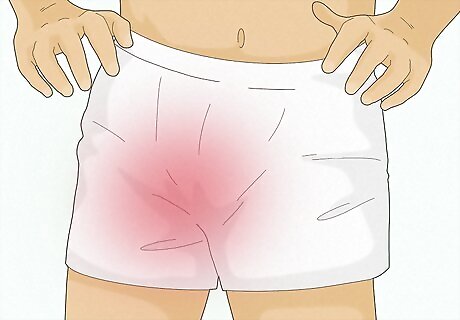
Understand the benefits. Most adults tend to get circumcised to prevent pain due to tight foreskin, to treat infections, and to combat yeast. Some adults also get circumcised for hygienic reasons or because of religious beliefs. Others get circumcised because they believe that a circumcised penis is more sexually attractive than an uncircumcised one. The CDC has published guidelines indicating that scientific evidence supports recommending the procedure to uncircumcised males. Circumcision reduces the risk of urinary tract infections by up to 90%. Circumcision reduces the risk of balanitis, penile cancer and prostate cancer, and reduces the risk of HIV infection by 60%. Circumcision reduces the risk of high risk HPV, and cervical cancer in female partners. Circumcision does not eliminate your chance of getting an STI. Make sure you practice safe sex and always use a condom. Also keep in mind that there are alternative ways of treating and preventing infections and cancer. Penile cancer is also rare. In less common cases, circumcision is also performed to correct phimosis, or constricted foreskin, acute inflammation of the glans as a result of balanitis, or paraphimosis, which involves a restricted foreskin.
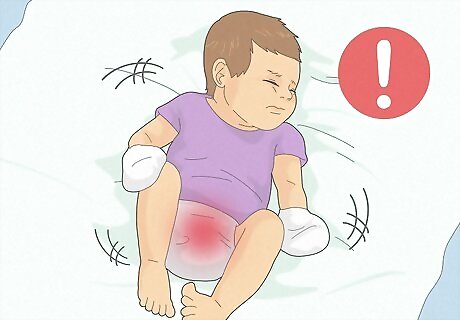
Understand the risks. Essentially, a circumcision involves the willful cutting of your genitals, removing the most sensitive front tip of the foreskin of the penis. As with any elective surgery, there are possible complications. Typically done on infants, circumcision for adults carries with it a significant and uncomfortable period of recovery. As an adult, circumcision is a personal, medical choice. Whatever you choose, make sure you weigh the benefits and risks and decide what is right for you. Most uncircumcised men live normal and healthy lives.
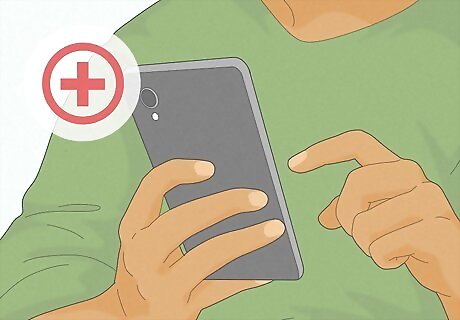
Check out the hospitals or clinics in your area. If you prefer a private consultation, seek advice from your local physician. Contact a hospital and ask to speak with a urologist to get a second opinion on the potential benefits and risks, and to get a description of the procedure and the recovery. For a teenager or an adult, circumcision is typically performed under anesthesia and takes about two weeks for recovery. Some hospitals will not perform circumcisions on adults unless there is a medical reason. If you're committed to getting circumcised, be prepared to shop around for a place to get the procedure done.

Prepare for the procedure. Make sure you've got some time set aside for recovery, which can take up to two weeks. If you're getting circumcised for religious reasons, use the time leading up to the procedure to complete any rituals associated with it. Consult members of your religious community for advice and guidance.
Recovering from Circumcision

Keep the area clean and dry. Cover the genital area with waterproof covering during the first few days, when taking a shower or bathing, and keep the area very clean when using the restroom. The wound needs to be kept dry to facilitate quick healing. Your doctor will offer more specific instructions and topical medication, but in general you'll want to keep the area as clean and dry as possible. You may be catheterized for a few days after the procedure in order to aid in keeping the penis dry. Your doctor will remove your catheter once the healing has begun.
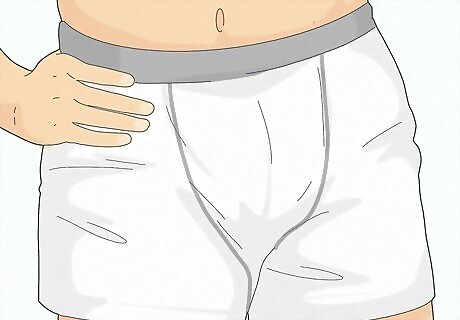
Wear loose cotton underwear. Change your underwear throughout the day to keep the area very clean. Also, wear loose fitting clothing around the area to keep air circulating regularly. Avoid tight fitting jeans, and consider some cotton short pants or other loose clothing. You can use surgical vaseline to keep the area from sticking to clothes or gauze.

Use medication as directed. The doctor will probably prescribe analgesic cream or other topical ointments, and apply them regularly as directed. You may also want to add some petroleum jelly to the area to avoid chafing during your recovery.
Getting Your Child Circumcised

Consider the implications of circumcision. It's common practice in American hospitals for babies to be circumcised within the first few days of birth, completing the procedure when recovery will be quick and relatively painless. Consider whether or not you'd like to leave the decision up to the child, or have it done in the hospital. Consider allowing your child to make this decision for themselves when they become an adult. If you remove their foreskin and they decide they want it, foreskin restoration requires a lot of time and effort and does not replace all of the penile structures removed in circumcision. Conversely, if they decide to get circumcised as an adult, they will be able to make an informed decision based on the risks and benefits. Talk to your obstetrician and pediatrician. In general, the procedure will be done quickly and will recover relatively simple cleaning for the baby to recover.
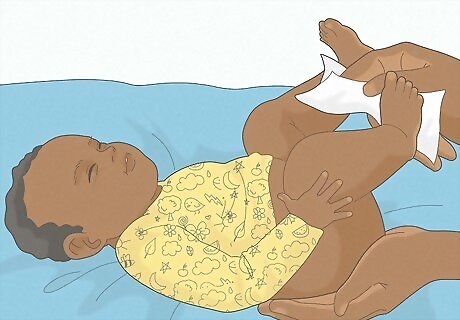
Keep the area clean. Avoid using wipes or other cleaning solutions and sponge bathe the baby with warm soapy water for the first several days. Some pediatricians recommend keeping the penis covered, while some recommend leaving it uncovered to heal. If you want to wrap a little gauze around the penis, dab some petroleum jelly on it first to avoid painful snags.

To arrange ceremony for a Bris (Jewish circumcision), find a Mohel (Jewish circumciser). The Bris is typically done not at the hospital but at a separate location. To arrange a Bris, talk to your rabbi or other religious advisor.




















Comments
0 comment